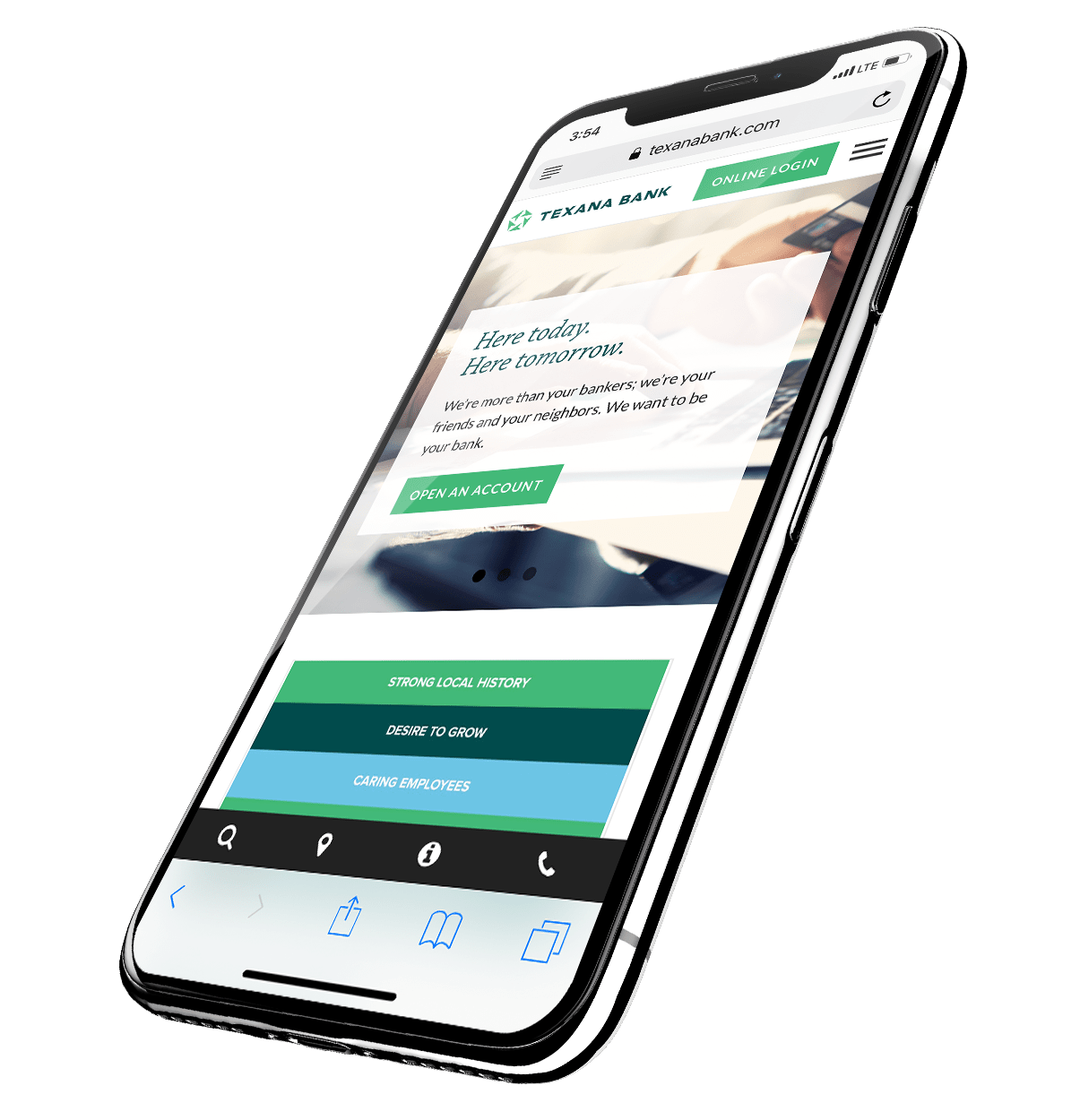We have a saying at Mabus Agency: “If it’s hard to do, it will never get done.”
We call it the rule of wheNEVER. And if I’m honest, I’m not the first person to discover this phenomenon. A lot of people just call it human nature.
We named this phenomenon as a way to remind ourselves to make things as easy as possible for the end user when developing a new marketing strategy or materials.
We preach the importance of updating a website, developing new content, maintaining brand standards, and promoting campaigns across platforms, but if we don’t give the client the right tools, advice, plan and accountability, their marketing will never get done.
The rule of wheNEVER applies to almost anything in life, but we talk about it most often with websites because websites are living, breathing marketing platforms that often sit on the shelf next to our bikes and hiking packs.
It’s easy to think no one notices when you update your company site, but Google notices. What is even scarier, Google notices even more when you don’t.
If I search for a tree service, and there are two tree services in my area, one that has posted three new pieces of information containing the words “tree service” or “stump removal” in the last three months and one that hasn’t updated since it launched a year earlier, Google is going to provide me with the more relevant result.
We build great, easy-to-use websites, but that’s usually the second biggest reason anyone hires us. The number one reason people hire us is their own inability to write code. Knowing that, we have to develop a dashboard that allows the customer to edit the website without having to learn code.
It would be pretty cruel to tell a customer their website’s success depends on their ability to keep it updated and then hand them a big pile of code.
But here’s the thing, even if we do give someone a website they can easily edit and update, a lot of times the content stays the same for months on end. Why is that? Technical advancements don’t mean a whole lot if you don’t have time to learn or use them.
I’m a writer, and my website goes through some pretty embarrassing dry spells. Why should I expect a carpenter or mechanic to write for his website every day? It’s out of the way. It’s not a part of the normal routine. Most of the time, it’s not very fun.
Here are some tricks we’ve found for getting the hard things done, especially when it comes to your website.
Set a deadline.
Projects without deadlines almost never get done. Projects with arbitrary deadlines have a slightly higher completion rate, but once those arbitrary deadlines gain momentum, they are more often expected by your following and a lot easier to hit each month or week.
Set reasonable expectations.
I had some friends set a goal to blog every day. They were writers who used their blog to practice, but were also busy and only posted something once or twice a month before. The idea was ambitious and after a few weeks, they stopped posting altogether.
Here is why. They set a goal, but the expectation was too ambitious. Failure was guaranteed from the start. If you aren’t adding new content to your website right now, don’t start adding content every day. Set a goal of once a month. That’s easy because you only have to add twelve things in a year. If once a month is too easy, go for every other week.
This includes your promotional and social efforts as well. If you’re doing no promotions, figure out what you can take on consistently. Don’t promote a new Twitter handle just to get tired and quit using it.
Just like with everything else in business grow sustainably.
Make it a team effort.
Loop others into your content generation for inspiration and accountability.
It gets even easier when you ask someone else at the company to take two posts and Jerry in finance to take a third. If you have twelve slightly competent content generators in your office, you can each produce one thing a year and have a website that is consistently updating.
Connect with the team members who are already working toward your project goals and piggyback off each other’s ideas.
The secret to making it easy: don’t make it hard.
More often than not, our clients tell us they have nothing to write about. That’s ok, you don’t have to write a giant essay on your profession; you just need to keep adding relevant, searchable words to your website, and hopefully help or entertain someone in the process. If you step back from your blank page and blinking cursor, it’s easy to find relevant content.
Do you have an employee who just passed a certification test? There’s a great post, and it will lead to another post about how important education in your industry is. That post will lead to another about how many talented folks you work with (and a humble brag about all your certifications).
Maybe you had an office Christmas party and just want to share a photo with a good caption. Your content can be 100 words or 1,000 words. It can be a photo or a video. It can be a link to something else you like.
One of the biggest helpers is a big calendar hanging next to your desk. Remind yourself.
Almost everything in life is hard, so when it comes to keeping your website fresh and up to date, make it easy on yourself.
Just know that “When? Tomorrow.” is better than “When? Never.”




